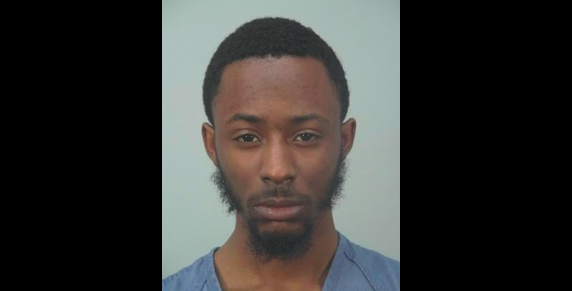Days after the discovery of death of 46-year-old Andrew Nesbitt, the Madison Police Department has made an arrest in connection to the homicide.
The suspect, 23-year-old Darrick Anderson, has been referred to the District Attorney for formal first degree intentional homicide charges in this case, MPD Chief Mike Koval said at a Thursday news conference.
Koval said the question of a suspected motive in this case is open-ended. They do not want to develop “tunnel vision” and favor one theory over others.
“We’re letting those continue [to] take root and evolve,” Koval said. “So, there is not one easily discernible motive that we can make an attribution to at this point.”
Koval said it is too early in the investigation to say if Anderson and Nesbitt had any previous relationship.
The way Anderson entered Nesbitt’s apartment is also subject to speculation, Koval said. Whether someone allowed Anderson to enter the building or if he forced his way in is currently speculative.
Various state agencies collaborated for the case, Koval said.
The Statewide Intelligence Crime Information Network helped provide intelligence leads in the case, Koval said. The Fitchburg Police Department, the University of Wisconsin Police Department and the Sun Prairie Police Department to all helped in identifying the suspect as well.
“Patrol services, they just ‘bring home the bacon,'” Koval said.

MPD spokesperson Joel DeSpain said MPD originally had Anderson on retail theft and possibly a couple of other charges.
A bicycle connected with the case was most likely stolen, DeSpain said. They believe Anderson took the bicycle after the murder.
DeSpain said they are still trying to trace Anderson’s steps surrounding the murder.
This case has some similarities to homicide of Brittany Zimmermann, a University of Wisconsin student who was murdered in 2008, Koval said. The cases do, however, have some distinct differences.
Koval said the lesson from this incident is for people to trust their gut feeling.
“Don’t minimize, don’t rationalize, take those sort of self-help, self-precautionary measure that would dictate,” Koval said.


